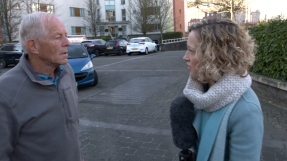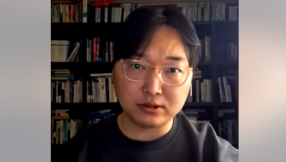Ecumenical Committee Tells UN Human Rights Council to Build Brighter Future
|TOP|The committee, meeting outside Geneva for its first gathering since its 9th Assembly held in Brazil earlier this year, stated that “policies and practices of double standards, en-bloc voting and politicisation of the human rights agenda that were so prevalent at the UN Commission on Human Rights” that they “virtually paralyzed” it before its “ignominious end”.
The statement did affirm, however, the need to maintain and strengthen the special human rights mechanisms of the UNCHR.
It said, “The system of Special Procedures developed by the UNCHR, of Human Rights Treaty Bodies as well as of the High Commissioner for Human Rights and her office, should be actively supported,” respected and enhanced, it specifies.
UN member states were encouraged “to recognise and accept the importance of the universality of human rights and to work for it in a spirit of cooperation across regional lines”.
|AD|The committee stated that the new UN body should recognise the contribution of churches and civil society organisations to the promotion and defence of human rights, and guarantee them “unhindered access” to its sessions.
At the same time, it called on WCC member churches to “continue to work closely with the Human Rights Council,” among others by “monitoring compliance with internationally accepted human rights, norms and standards”.
UN member states were urged to “recognise the increasing interaction between religion and politics in order to address tensions between the right to religious freedom and other fundamental rights.”
WCC member churches and ecumenical partners were asked to “deepen their dialogue with people of other faiths”, and to seek common approaches and to develop shared codes of conduct to protect human rights.
The UN Commission on Human Rights held its final session on 27 March 60 years ago, and its successor, a new UN Human Rights Council, is to be formally inaugurated on 19 June 2006.
The WCC executive committee met at the Bossey Ecumenical Institute outside Geneva from 16-19 May 2006.













